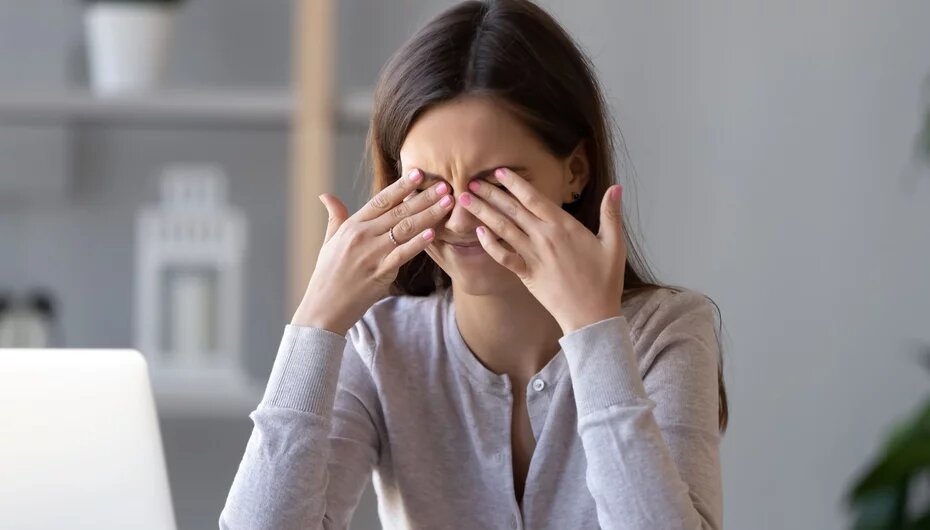Dry eyes at a younger age are most often caused by prolonged visual activity, as prolonged use of computers, smartphones and tablets without breaks can have a negative impact on the eyes. We blink less and are usually indoors where the humidity is lower due to heating or air conditioning. Dr. Rose Private Hospital’s ophthalmologist Dr. Mariann Balázsy also points out that the introduction of working from home and e-learning due to the COVID pandemic has led to more and more young people and adolescents developing dry eyes.
Three glands produce the components of the tears that moisten and lubricate the eyes, and if their function is reduced, there is a high chance of dry eyes.
"I recommend that people who work on computers and laptops take a five-minute break every hour when they are not looking at a monitor and drink plenty of fluids, two to three liters of water a day. This does not include coffee and tea, which are diuretics. If you don't drink enough and your body becomes dehydrated, the amount of tears you produce will also decrease,” says the ophthalmologist.
"There are several types of dry eye syndrome, and most often we find a multifactorial syndrome, where both the quantity and quality of tears are reduced. A very common problem is the dysfunction of the meibomian gland, which produces the oily constituent of tears. It is this oily layer that prevents tears from evaporating between blinks. If the production of the meibomian gland is reduced, the eyes dry out very quickly between blinks. In this case, we recommend artificial tear drops that also replaces this oily phase.
"Among the artificial tears, those containing hyaluronic acid are very effective, as they have a very good moisturizing effect. For all artificial tears, I recommend preservative-free types, as preservatives also have an eye-drying effect," says Dr. Balázsy.
The ophthalmologist also points out that artificial tears alone do not solve everything: if you do not follow the doctor's recommendations regarding the use of monitors, smartphones and fluid intake, then your condition will not improve even if you use artificial tears. "It takes patience, because dry eyes don't get better overnight, but following the advice will help," says the specialist.
During the eye examination, the ophthalmologist will look at the eye carefully, examine it and check the visual acuity, as severe dry eye syndrome can even cause blurred vision. They will use a slit lamp to examine the meibomian glands to see if the dryness is causing any changes to the conjunctiva or cornea. A test called a tear film stability or tear test is conducted, which is quick and painless.
Do not neglect dry eyes! While initially it may just be eye fatigue, it can then cause eye pain, pain around the eye and later even headaches. As the symptoms become more severe, there may also be permanent damage to the cornea.

